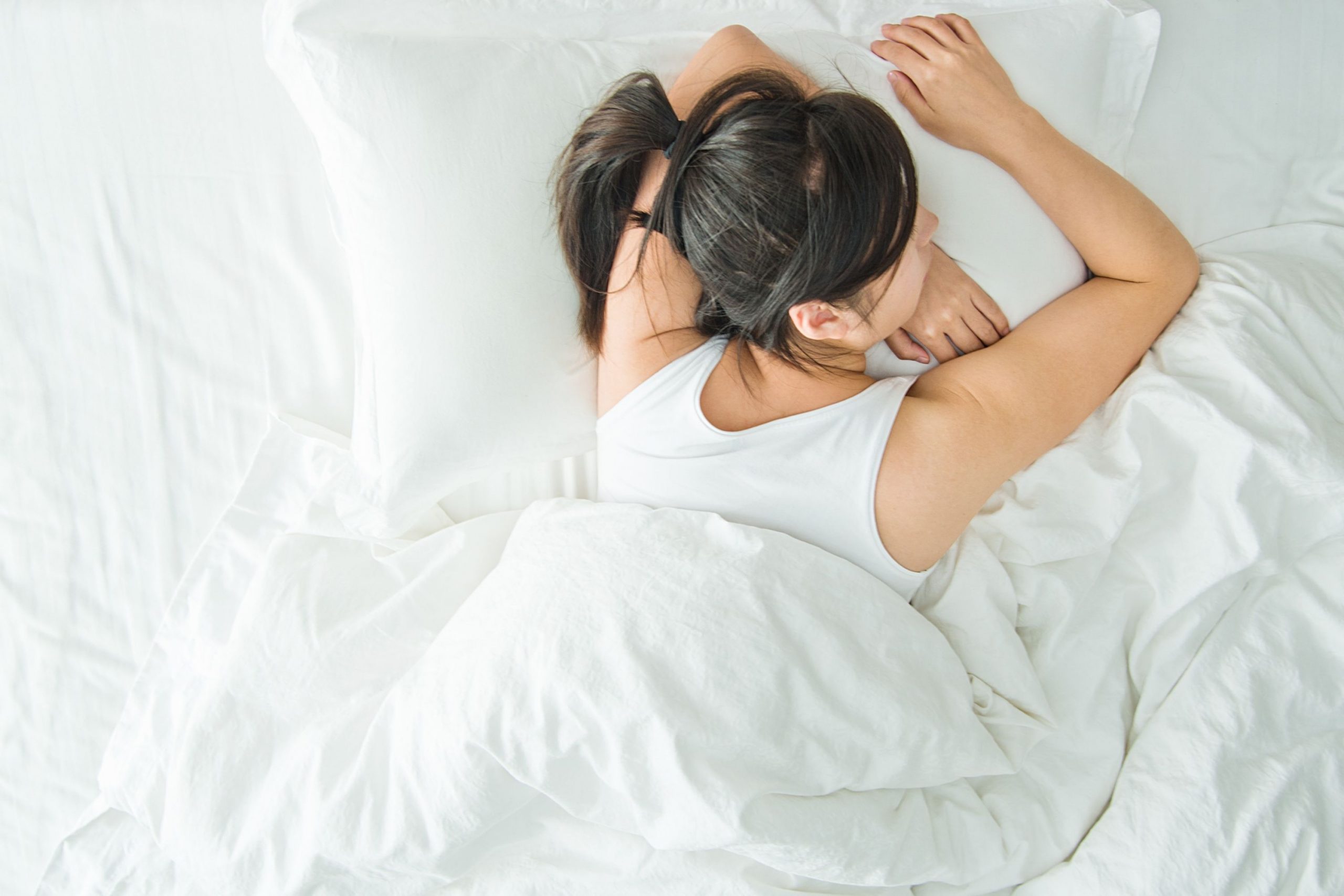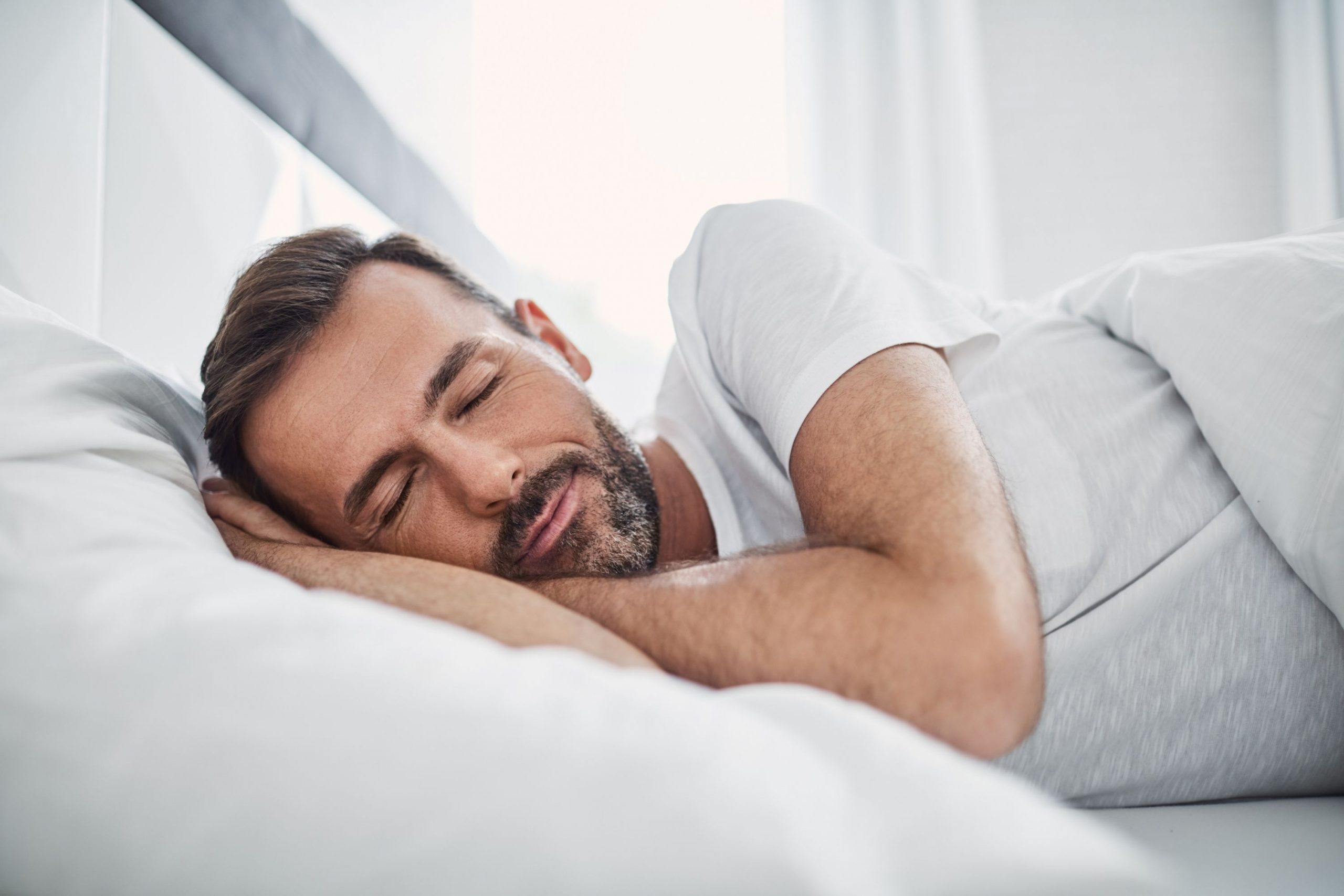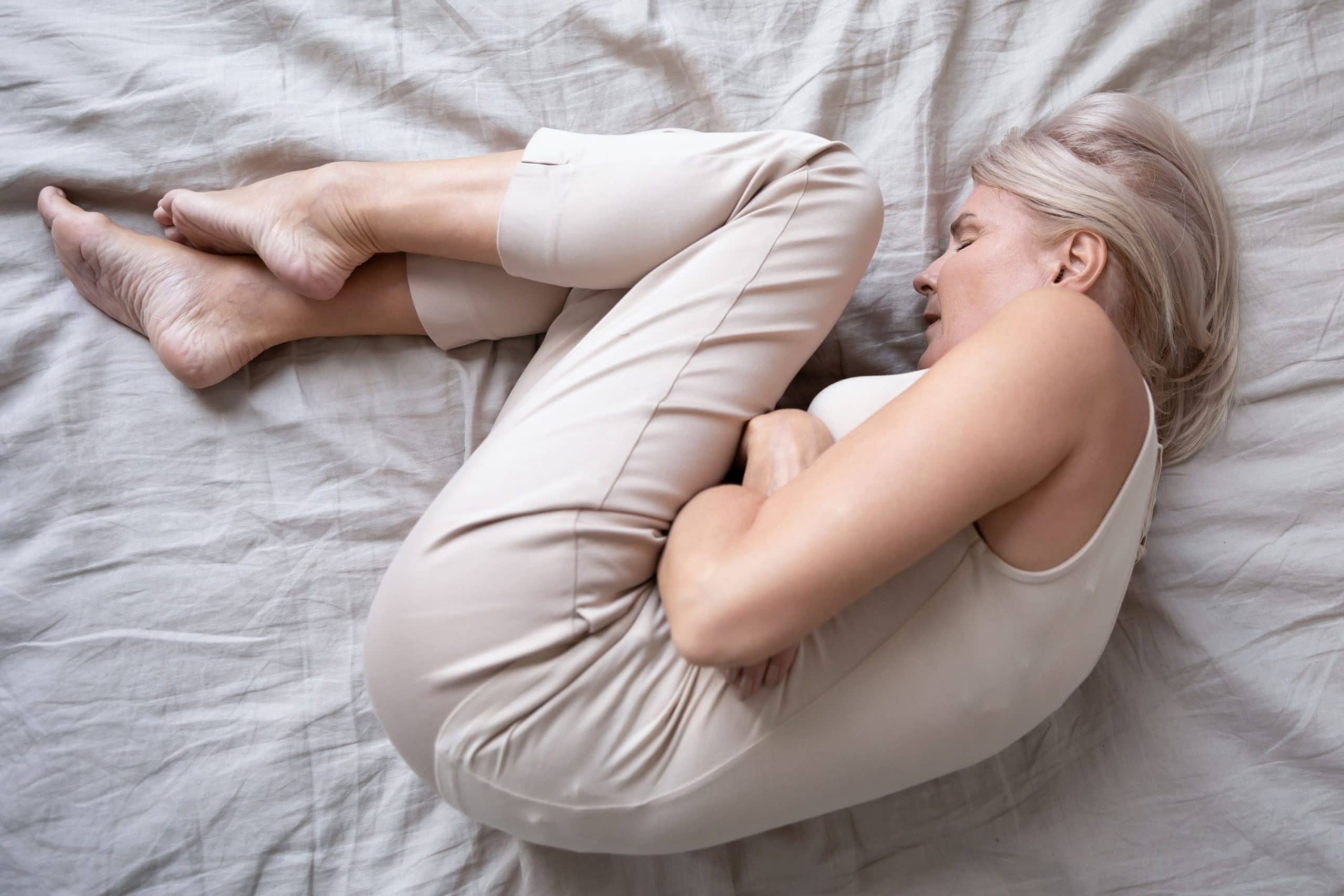You probably already know how important it is to get the right amount of sleep every night to live a healthy life. Not getting the proper amount can leave you feeling drained and can significantly impact your mental performance.
Your sleeping patterns have a significant role in the function of our immune system, mental sharpness, motor skills, coordination, and mood.
There is one characteristic about the way we sleep that plays a huge role in our overall health, and you might have never given it much thought.
The position we sleep in is one of the most significant dynamics when it comes to the role our slumber plays in our well-being.
The mattress we sleep on has a significant influence on our ability to maintain a healthy position while we sleep.
There are a lot of nuances regarding how to choose your next mattress and what you should consider first of all.
If you’re looking to improve your overall health and correct your sleeping habits, you’ve found a great article to use as a starting point. Let’s examine some specific sleep positions and exactly how they affect elements of our health.

Specific Positions
Depending on which way you prefer to sleep, certain positions offer different benefits for specific areas of your body.
Below, we examine some of the more common sleeping positions and exactly how they impact our well-being.

Back Sleepers
Sleeping on your back is one of the most common positions anyone can sleep in. A great majority of people fall asleep on their back.
Although they might change positions throughout the night, they awaken in the same position they fell asleep in.
If you have back problems related to the muscles or discs in the spine, sleeping on your back can be one of the most beneficial positions for you.

This is especially true if the mattress you own is made to contour specifically to the curves of your spine. Sleeping on your back can help with the following issues.
- Sleeping on your back is known to help people with posture issues.
- People with muscle aches in the middle-to-upper area of the back can benefit from this position.
- Sleeping on your back is known to assist with issues related to acid reflux.
However, this sleeping position doesn’t fix everything. Certain health issues can be further complicated by sleeping on your back.
- If you have chronic snoring issues, back-sleeping can further complicate your condition.
- Sleeping on your back is known to make sleep apnea worse.
Keep these things in mind if you have a history of any of the conditions mentioned above. Let’s move to the opposite side of the body.
https://youtu.be/uLTpHVYYqFQ
Sleeping On Your Stomach
Some studies suggest that sleeping on your stomach should be the least recommended position of them all. Certain sources have cited that sleeping on your stomach can help with snoring. While this is true, you sacrifice spinal health when you choose this sleeping position.
Normally people who sleep on their stomachs position a pillow under their head, which raises the top of the spine into an awkward position.
This isn’t a natural pose for the body and can lead to possible aching conditions of the spine.

If you’ve ever woken up with numb extremities such as the fingers and feet, there’s a good possibility you sleep on your stomach at some point throughout the night.
Making an attempt to curb this habit might provide relief for this condition.

Sleeping On Your Side
Most experts suggest that sleeping on your side is the healthiest position we can rest our bodies in. During doctor visits, the majority of patients who complained of back pain, sleep apnea, and other sleep-related conditions were given a recommendation of sleeping on their sides.
Many patients reported relief after switching to this position.

These are some of the most significant conditions that sleeping on your side helps combat:
- Muscular and disc-related back pain
- Sleep apnea
- Snoring
- Neck and shoulder pain
- Numbness in the feet and hands
- Headache
When you sleep on your side, you are in a neutral position, which can provide relief from various types of back, shoulder, and neck pain. This natural alignment of the spine can lead to long-term benefits for your back.
An excellent tip to consider while you’re sleeping on your side is to use a pillow between your knees.
This adds additional alignment with the spine for the lower body, and can provide much-needed relief for chronic back conditions.

Fetal Position
Studies have shown that normally the fetal position is the preferred way of sleeping for women. Although this position may feel comfortable, it might not be the best for long-term health effects.
When we sleep in the fetal position, it leads to a very hard curve of the spine. This curvature can lead to immediate and long-term back pain.
The fetal position can also restrict the movement of your diaphragm, which can lead to breathing difficulties.
These breathing restrictions during your sleep lead to an increased chance of developing sleep apnea and other sleep-related illnesses.

It may seem like a small thing, but the way you sleep has a huge impact on your health.
This article has explored how sleeping position affects various aspects of your overall well-being, including the spine and breathing patterns.
What do these findings mean for people who are looking to improve their quality of life? The key takeaway is to find a comfortable mattress that suits your body type so you can get enough restorative sleep every night!
